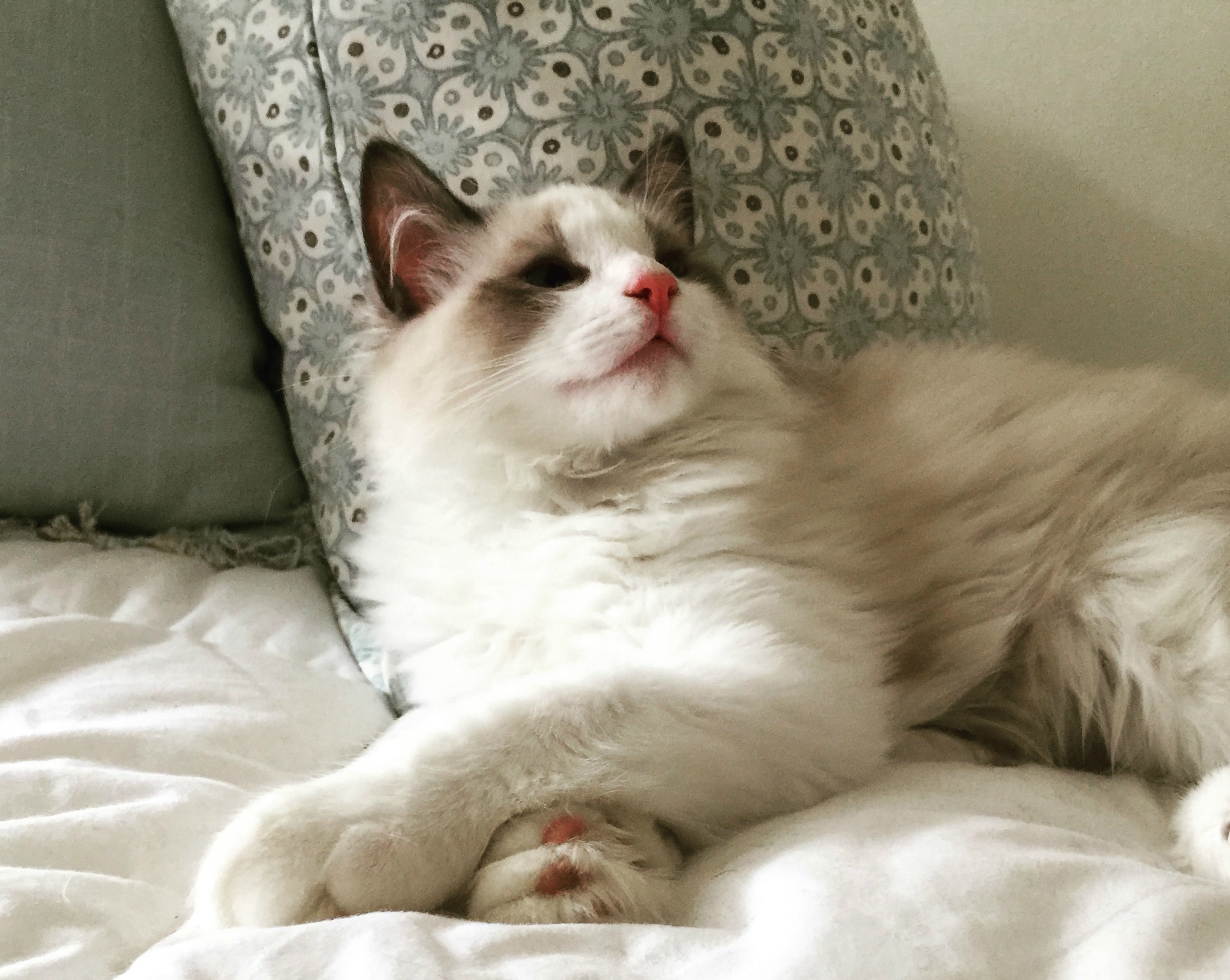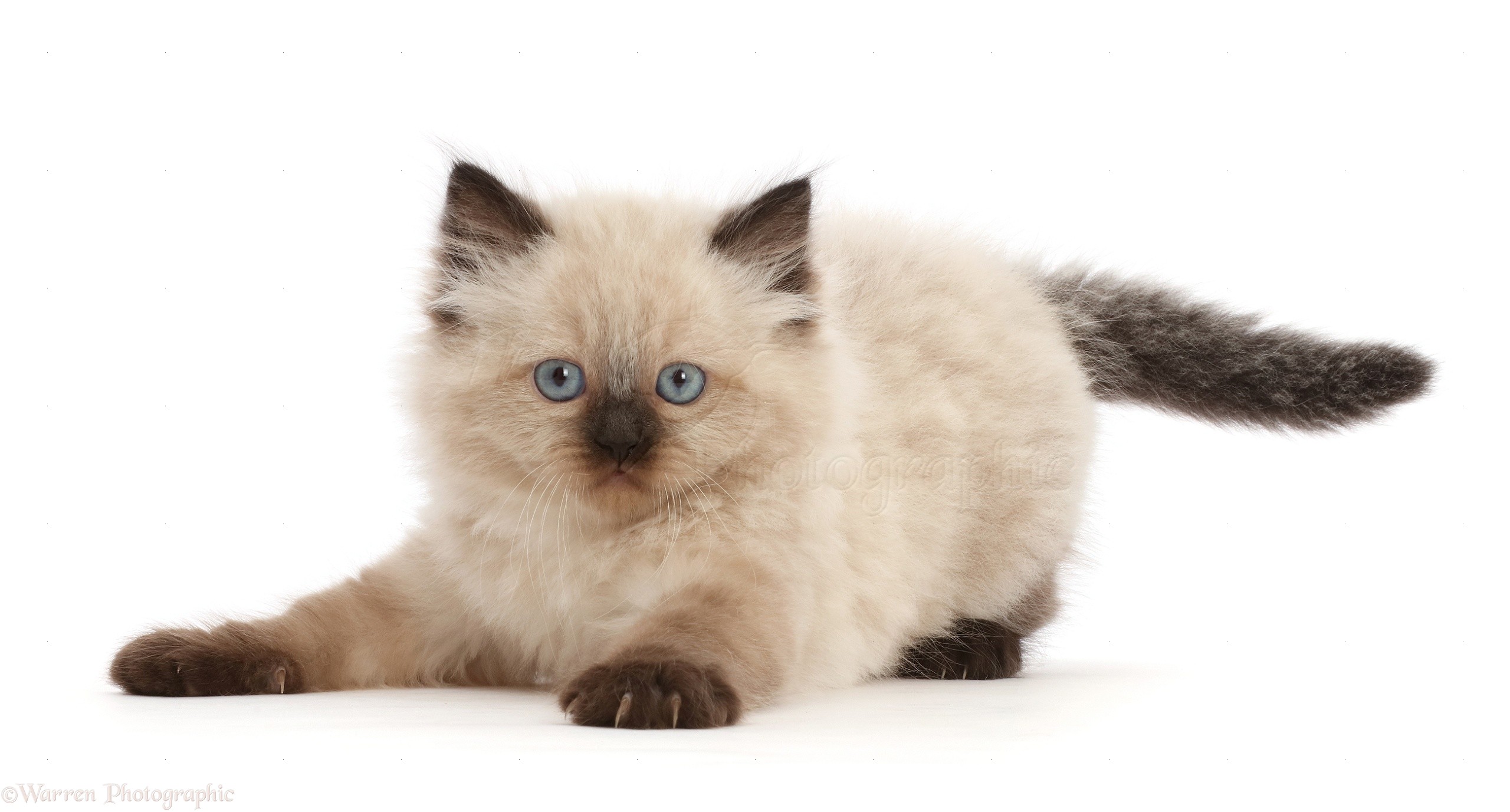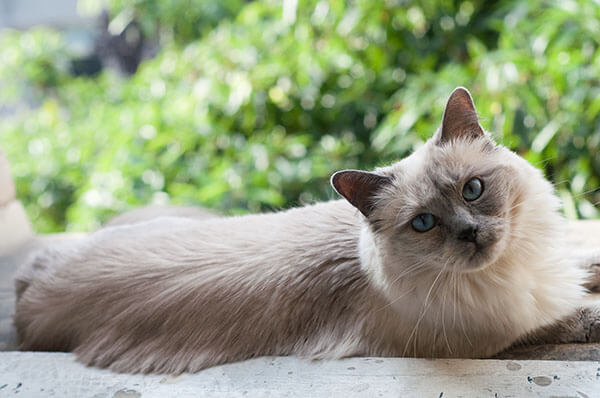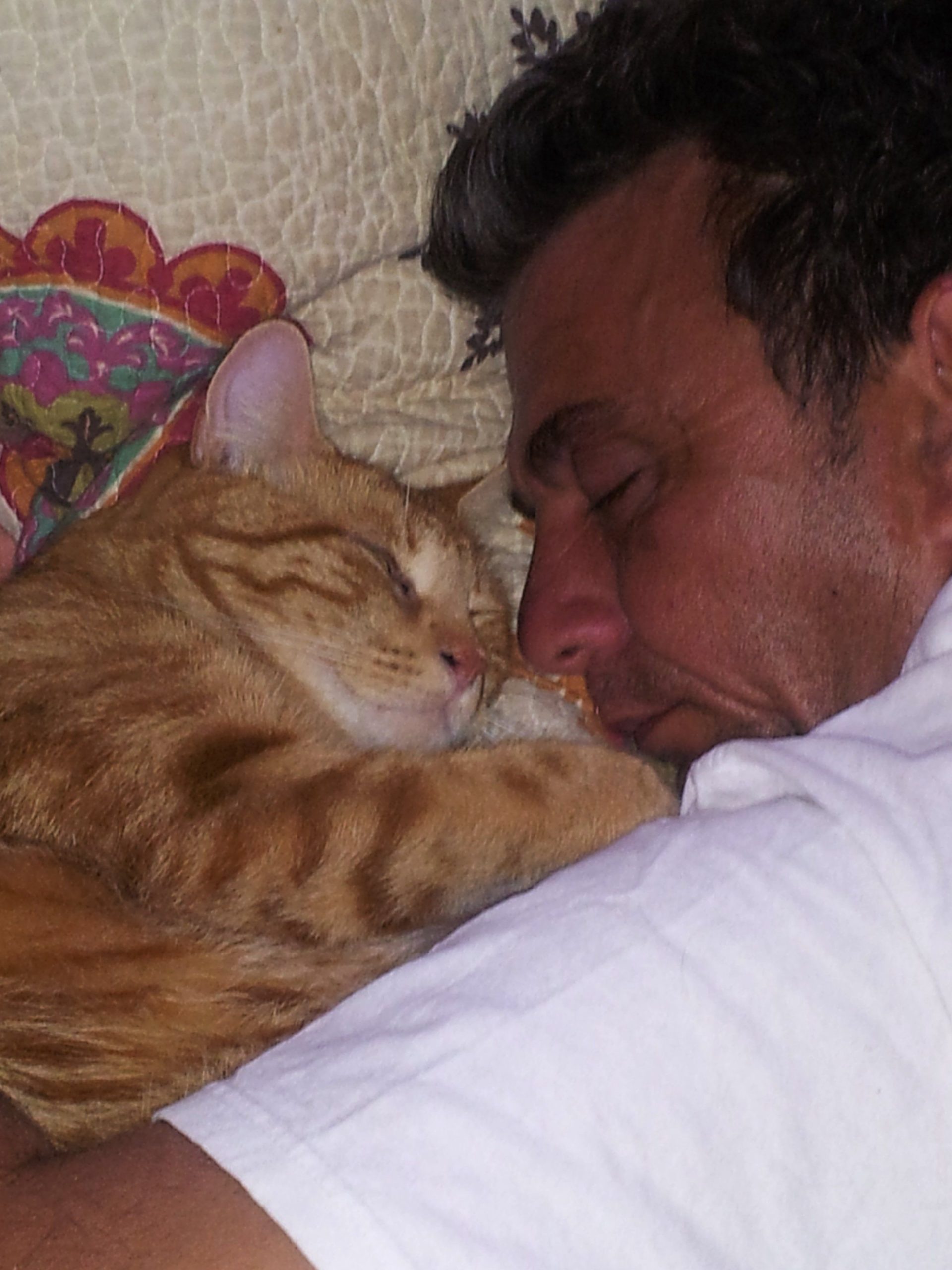Contents
- I. Introduction to Ragdoll Cats
- II. Characteristics of Ragdoll Cats
- III. Playfulness of Ragdoll Cats
- IV. Reasons Why Ragdoll Cats Make Great Playmates
- V. Tips for Encouraging Playfulness in Ragdoll Cats
- VI. Frequently Asked Questions about Ragdoll Cats
- 1. How big do Ragdoll cats get?
- 2. Are Ragdoll cats good with children?
- 3. Do Ragdoll cats require a lot of grooming?
- 4. Can Ragdoll cats live in apartments?
- 5. Are Ragdoll cats prone to any specific health issues?
- 6. Do Ragdoll cats get along with other pets?
- 7. How long do Ragdoll cats typically live?
- 8. Are Ragdoll cats high-maintenance pets?
I. Introduction to Ragdoll Cats

Ragdoll cats are a popular breed known for their docile and affectionate nature. Originally bred in the 1960s by Ann Baker, a Persian cat breeder in California, these cats have become a favorite among pet owners around the world. Ragdolls are known for their striking blue eyes, pointed color patterns, and soft, silky fur.
A. History of the Ragdoll Breed
The history of the Ragdoll breed can be traced back to a cat named Josephine, a white Persian-like female. Josephine was known for her gentle temperament and unique ability to go limp when held, which inspired the name “Ragdoll.” Ann Baker, fascinated by Josephine’s characteristics, set out to create a new breed with similar traits.
Baker carefully selected cats with desirable traits, including Josephine’s offspring and other breeds like the Burmese, Birman, and Persian. Through selective breeding, she established the foundation of the Ragdoll breed, focusing on their gentle temperament, large size, and soft coat.
B. Physical Characteristics
Ragdolls are large, muscular cats with semi-long hair that requires regular grooming. They have a sturdy build, with males weighing between 15 to 20 pounds and females weighing slightly less. Their coat comes in various patterns and colors, including seal, blue, chocolate, lilac, and more.
One of the most distinctive features of Ragdolls is their striking blue eyes, which are almond-shaped and expressive. Their eyes are typically blue from birth and remain blue throughout their lives.
C. Personality and Temperament
Ragdolls are known for their gentle and laid-back nature. They are often described as “puppy-like” cats due to their tendency to follow their owners around and their love for being held and cuddled. Ragdolls are highly sociable and enjoy the company of humans and other pets, making them great family pets.
These cats are not particularly vocal, but they will communicate with their owners through soft chirps and trills. They are intelligent and can be easily trained to perform tricks or fetch toys.
D. Care and Maintenance
As with any cat breed, Ragdolls require regular care and maintenance. Their semi-long fur needs brushing at least twice a week to prevent matting and to keep it looking its best. Ragdolls are generally healthy cats, but regular veterinary check-ups are essential to ensure their well-being.
Providing a balanced diet, regular exercise, and a stimulating environment are crucial for the overall health and happiness of a Ragdoll. They enjoy interactive toys and climbing structures, allowing them to exercise their natural instincts.
II. Characteristics of Ragdoll Cats

Ragdoll cats are known for their unique characteristics and charm. Here are some distinguishing features that make them stand out from other cat breeds:
1. Gentle and Docile Nature
Ragdolls are famous for their gentle and docile nature. They are incredibly calm and relaxed, making them excellent companions for families, including children and other pets. These cats are not known to be aggressive and are often described as being like “floppy dolls” when they are picked up.
2. Affectionate and Loving
If you’re looking for a cat that craves love and attention, the Ragdoll is a perfect choice. They are known for their affectionate nature and enjoy being in the company of their human companions. Ragdolls will often follow their owners around the house, seeking their attention and affection.
3. Stunning Appearance
Ragdolls have a striking appearance. They are large cats with broad chests and muscular bodies. Their most distinctive feature is their beautiful blue eyes that are expressive and captivating. Ragdolls come in various colors and patterns, including seal, blue, chocolate, lilac, and more.
4. Silky Soft Fur
Ragdolls have a luxurious and silky coat that is easy to maintain. Their fur is semi-long and requires regular brushing to prevent matting and keep it looking its best. Ragdolls shed less compared to other cat breeds, making them suitable for people with allergies.
5. Playful and Intelligent
Although known for their laid-back demeanor, Ragdolls also enjoy playtime. They are intelligent cats that can be easily trained to perform tricks or play interactive games. Ragdolls have a curious nature and enjoy exploring their environment, so providing them with toys and scratching posts is essential for their mental stimulation.
6. Easygoing and adaptable
Ragdolls adapt well to different environments and lifestyles. They are not as demanding as some other breeds and are content with spending time indoors. However, they still require regular social interaction and mental stimulation to prevent boredom. Ragdolls are generally easy to handle and can adjust well to changes in their surroundings.
III. Playfulness of Ragdoll Cats

Ragdoll cats are known for their playful nature and their ability to entertain their owners. They have a unique personality that makes them one of the most beloved cat breeds. In this section, we will explore the different aspects of their playfulness and why they are such a joy to have as pets.
Ragdolls and Their Love for Toys
One of the defining characteristics of Ragdoll cats is their love for toys. They are highly playful and enjoy engaging with various types of toys, including balls, feather wands, and interactive puzzle toys. Providing them with a variety of toys not only keeps them entertained but also helps in stimulating their curious minds. It is always a delight to watch them chase after a toy or bat it around with their paws.
Their Playful and Energetic Nature
Ragdolls are known for their playful and energetic nature. They have a zest for life and enjoy exploring their surroundings. Whether it’s chasing after a laser pointer or engaging in a game of hide-and-seek, they are always ready for some fun. Their playful antics can bring a smile to anyone’s face and make them a great source of entertainment.
Bonding Through Playtime
Playtime is not only a form of entertainment for Ragdoll cats but also an opportunity for bonding with their owners. They love interactive play sessions and enjoy the company of their human companions. Engaging in playtime activities strengthens the bond between the cat and its owner, making it a vital aspect of their overall well-being and happiness.
Indoor Play Options for Ragdolls
Ragdolls are indoor cats, and it is important to provide them with enough play options within their living space. Investing in scratching posts, climbing trees, and interactive toys can help keep them mentally and physically stimulated. They also enjoy perching on windowsills to observe the outside world, so creating a comfortable spot for them to do so can be a great source of entertainment.
Ensuring a Safe Play Environment
While Ragdolls are highly playful, it is important to ensure a safe play environment for them. Keep small objects and toxic materials out of their reach, as they may be tempted to play with or ingest them. Regularly inspect their toys for any signs of wear and tear to prevent any accidents. Creating a safe and engaging play area for your Ragdoll cat will contribute to their overall health and well-being.
IV. Reasons Why Ragdoll Cats Make Great Playmates

Ragdoll cats are known for their playful nature and their ability to form strong bonds with their owners. If you’re considering getting a new furry friend, here are some reasons why Ragdoll cats make great playmates:
1. Gentle and Patient
Ragdoll cats are known for their gentle and patient nature. They are not quick to scratch or bite, making them perfect playmates for children or other pets in the house. Their calm demeanor allows for a safe and enjoyable playtime experience.
2. Affectionate and Cuddly
Ragdolls are known for their affectionate nature. They love to be around their human companions and will often seek out cuddles and attention. Playing with a Ragdoll cat not only involves physical activity but also provides an opportunity for bonding and affection.
3. Playful and Energetic
Ragdolls may be laid-back and relaxed most of the time, but they also have bursts of energy and love to play. They enjoy interactive toys, chasing balls, and engaging in games that challenge their agility. Playing with a Ragdoll cat can keep you entertained and active.
4. Intelligent and Curious
Ragdoll cats are intelligent and curious creatures. They enjoy exploring their surroundings and investigating new toys or activities. When you engage in playtime with a Ragdoll, you can stimulate their mind by introducing puzzle toys or teaching them new tricks.
5. Social and Friendly
Ragdolls are known for their social and friendly nature. They enjoy the company of humans and are often referred to as “dog-like” cats because of their willingness to interact and play. Having a Ragdoll cat as a playmate means you’ll always have a furry friend by your side.
V. Tips for Encouraging Playfulness in Ragdoll Cats

Ragdoll cats are known for their laid-back and gentle nature, but that doesn’t mean they don’t enjoy a good play session. If you want to bring out the playful side of your Ragdoll cat, here are some tips to follow:
1. Provide a variety of toys
Ragdolls love to explore and interact with their environment, so make sure to offer them a wide range of toys. From feather wands to interactive puzzles, provide toys that stimulate their senses and encourage physical activity. Rotate the toys regularly to keep their interest piqued.
2. Use interactive play
Instead of leaving your Ragdoll cat to play on their own, actively engage with them during playtime. Use a laser pointer or a wand toy to mimic the movements of prey and let your cat chase and pounce. This type of play not only keeps them physically active but also strengthens the bond between you and your furry friend.
3. Create a play-friendly environment
Make sure your home is a safe and stimulating environment for play. Provide scratching posts, climbing trees, and perches where your Ragdoll can jump and explore. Set up hiding spots and tunnels to encourage their natural hunting instincts. Having a space dedicated to play will keep them entertained and satisfied.
4. Establish a play routine
Cats are creatures of habit, and having a consistent play routine can help your Ragdoll cat anticipate and look forward to playtime. Set aside specific times during the day to engage in interactive play. This will ensure that they get the physical and mental stimulation they need to stay happy and healthy.
5. Incorporate treats and rewards
Reward your Ragdoll cat’s playful behavior with treats or praise. Positive reinforcement can encourage them to continue being active and playful. For example, when they successfully chase and catch a toy, reward them with a tasty treat. This will strengthen their association between play and positive experiences.
By following these tips, you can encourage playfulness in your Ragdoll cat and provide them with a fulfilling and enriching life. Remember to always prioritize their safety and well-being during playtime, and enjoy the playful moments you share together.
VI. Frequently Asked Questions about Ragdoll Cats
Here are some common questions people have about Ragdoll cats:
1. How big do Ragdoll cats get?
Ragdoll cats are known for their large size. On average, male Ragdolls can weigh between 15 to 20 pounds, while females can weigh between 10 to 15 pounds. However, it’s important to note that individual cats may vary in size.
2. Are Ragdoll cats good with children?
Yes, Ragdoll cats are typically great companions for children. They are known for their gentle and docile nature, making them very tolerant of kids. Ragdolls are often patient and enjoy being part of the family, making them an excellent choice for households with children.
3. Do Ragdoll cats require a lot of grooming?
Ragdoll cats have semi-long hair that is prone to matting and shedding. Regular grooming, such as brushing their fur at least once a week, can help prevent tangles and reduce shedding. Additionally, it’s important to keep their nails trimmed and ears clean to maintain their overall health.
4. Can Ragdoll cats live in apartments?
Yes, Ragdoll cats can adapt well to apartment living. While they are known for their love of exploring, they are also content with indoor activities. Providing them with engaging toys and scratching posts can help keep them entertained and satisfied, even in a smaller living space.
5. Are Ragdoll cats prone to any specific health issues?
Like any breed, Ragdoll cats can be prone to certain health issues. Some common concerns include hypertrophic cardiomyopathy (a heart condition), polycystic kidney disease, and bladder stones. Regular veterinary check-ups and a nutritious diet can help prevent or manage these conditions.
6. Do Ragdoll cats get along with other pets?
Ragdoll cats are generally sociable and can get along well with other pets, including dogs and other cats. However, it’s important to introduce them slowly and supervise their interactions initially to ensure a smooth transition. Proper socialization and gradual introductions can help foster positive relationships.
7. How long do Ragdoll cats typically live?
Ragdoll cats have a relatively long lifespan compared to some other breeds. On average, they can live between 12 to 17 years. With proper care, nutrition, and regular veterinary check-ups, Ragdolls can enjoy a happy and healthy life for many years.
8. Are Ragdoll cats high-maintenance pets?
Ragdoll cats are not considered high-maintenance pets. While they do require regular grooming to keep their fur in good condition, their calm and easygoing nature makes them relatively low-maintenance in terms of exercise and stimulation. Ragdolls are known for their affectionate and relaxed temperament.
These are just a few of the frequently asked questions about Ragdoll cats. If you’re considering adding a Ragdoll to your family, it’s always a good idea to do further research and consult with reputable breeders or veterinarians to ensure a good match for your lifestyle and preferences.

Jackson is an accomplished content writer with a flair for captivating storytelling. With a Bachelor’s degree in English Literature from the prestigious University of California, Berkeley, Hunter’s educational background has honed his writing skills to perfection. His love for felines is evident in his extensive knowledge of cat behavior and care, making him an expert in the field. Hunter’s passion for cats has led him to contribute insightful articles to various online platforms, providing valuable information and tips to cat owners worldwide. With his exceptional writing abilities and deep understanding of cats, Hunter continues to create engaging content that resonates with readers and leaves a lasting impact.
